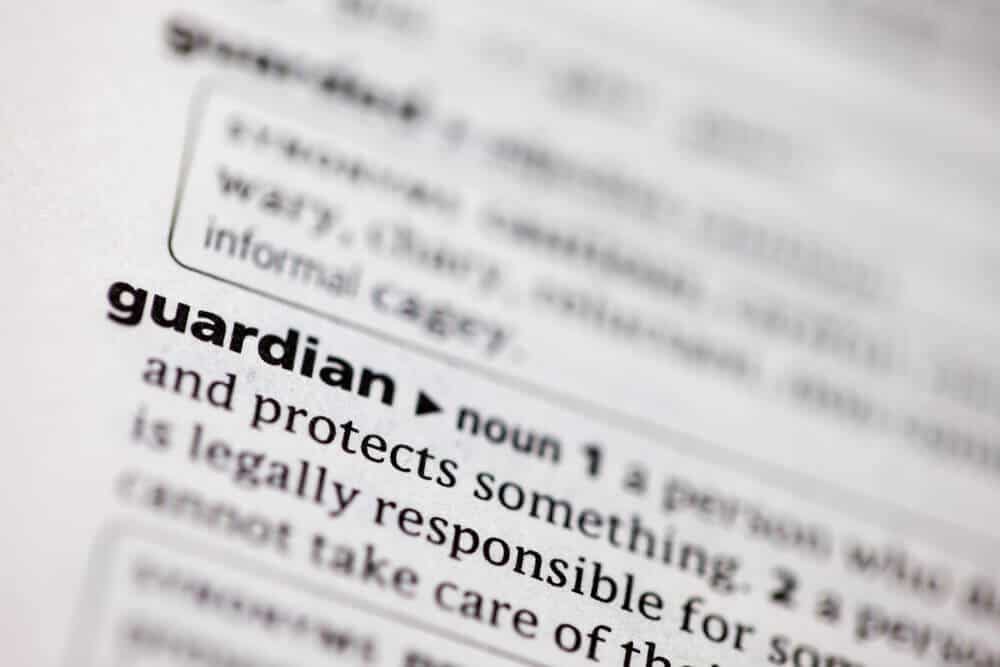In the state of Florida, it is legal to apply for guardianship of a minor or an incapacitated adult. However, knowing when a guardianship is necessary isn’t always clear, and the guardianship application process can be time-consuming, confusing, and emotionally taxing. This is why you should seek the counsel of an experienced attorney before making any decisions.
In this blog, we look at when guardianship becomes essential. In addition, we examine what steps you need to take when applying for a guardianship, and explain how a lawyer can help you achieve the best results for you and your family.
Guardianship of a Child
Because legal guardianship can include caring for the well-being of either a minor child or an incapacitated adult, it is important to differentiate between the two types. In the case of a child, a guardian becomes necessary when the biological or adoptive parents are no longer able to take care of the minor child.
Under Florida law, a minor child shall have a guardian appointed if:
- Both parents predecease the child;
- Both parents are medically incapacitated;
- Both parents have been ruled unfit by the court; or
- The child has received an inheritance, insurance proceeds, or legal settlement upwards of $15,000.
In this final scenario, the child’s biological parent may apply to serve as guardian of their assets. In most cases, however, guardianship involves much more than just fiduciary responsibility. Guardians are expected to maintain a child’s medical, financial, and educational well-being, and to report to the court annually to ensure they are making decisions in the best interests of the child.
Because the job of a guardian is tantamount to raising the child, the court will usually appoint someone like a family member or trusted friend of the child’s parents. However, the court can also appoint a legal guardian who has no relationship to the child. Because of this, it is important for anyone with a minor child to hire a professional estate planning attorney to help them create an estate plan that includes nominations of who they wish to care for their minor child.
Guardianship of an Incapacitated Adult
Because guardianship over an adult is granted only in cases where the adult is “incapacitated,” we must first look at what incapacitated means under the law. In the broadest sense, an incapacitated adult is defined as someone who is unable to take care of themselves because of their physical or mental health.
Reasons an adult may become incapacitated include:
- Serious bodily injury
- Physical disability
- Developmental disability
- Serious brain injury
- Serious mental illness
- Dementia
- Alzheimer’s
- Stroke
- Coma
Florida law allows for both voluntary and involuntary guardianship of an incapacitated adult. In voluntary cases, adults who are mentally competent but physically incapacitated, or mentally competent but facing illness likely to make them incapacitated, may petition the court to appoint someone to manage their affairs. The court may also involuntarily appoint a guardian in cases where the adult in question is no longer able to make decisions for themselves.
To become the guardian of an adult, you must first petition the court to determine incapacity, and then petition for a legal guardianship appointment. Although courts prefer to grant guardianship to individuals close to the incapacitated adult in question, such as a spouse, sibling, child, or close friend, they can also appoint a third-party to act as guardian. This is why responsible adults should hire an accomplished estate and elder law attorney, so they have a say in who is appointed to take care of their finances, as well as medical and day-to-day needs.
Our St. Petersburg Estate Planning Attorneys Are Here to Help
At Finley Williams Law, PA, we understand that guardianships come with a lot of responsibility. Deciding to apply for a guardianship is already a big decision, which is why our St. Petersburg elder law and estate lawyer is here to guide you through the next steps. At Finley Williams Law, PA, it is our mission to show every client compassion and dignity as they navigate legal matters that will affect them for the rest of their lives.
For questions about guardianship, call Finley Williams Law, PA at (727) 280-6837, or contact us online for a free consultation.

